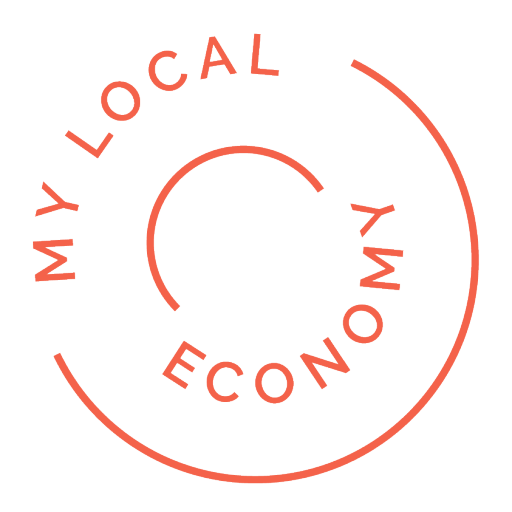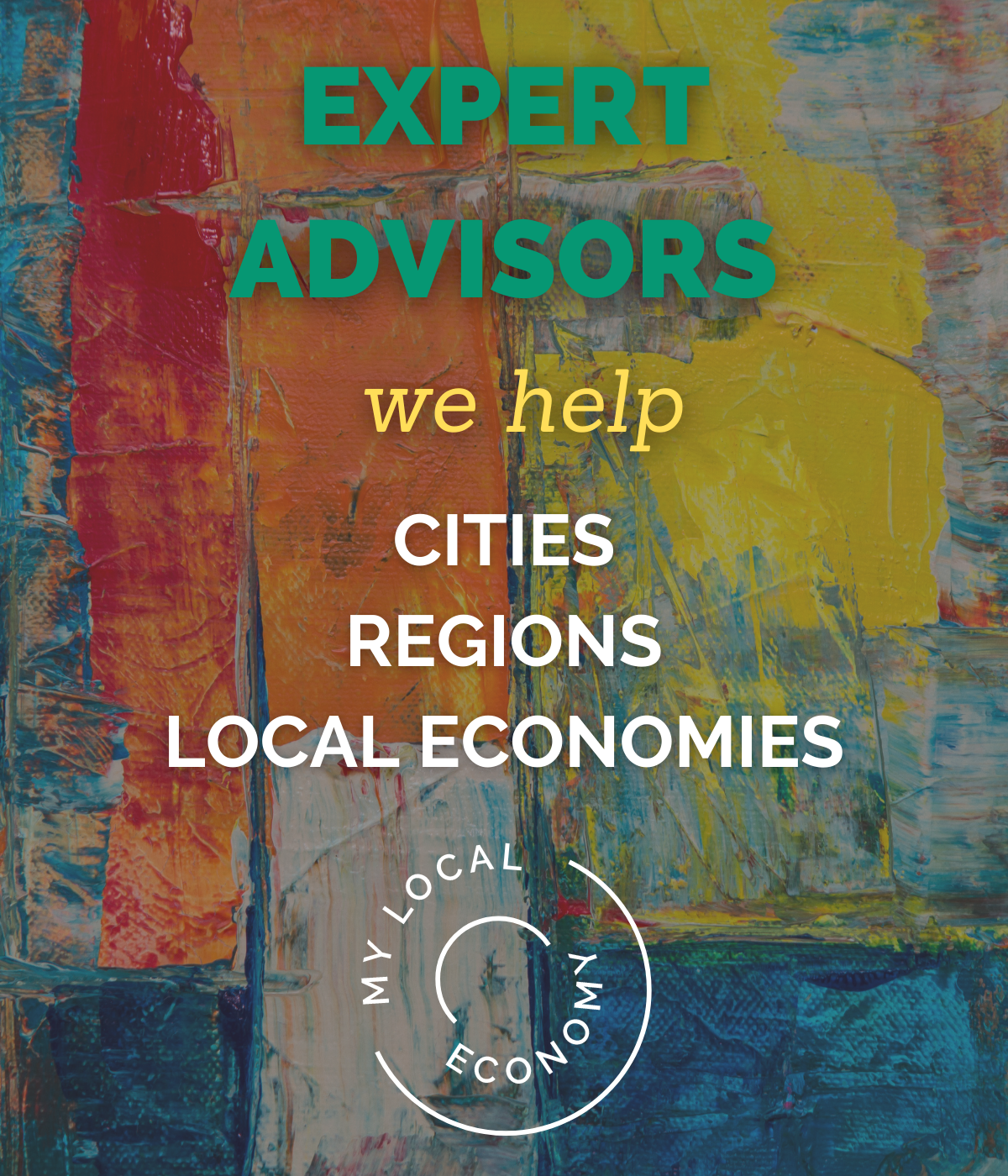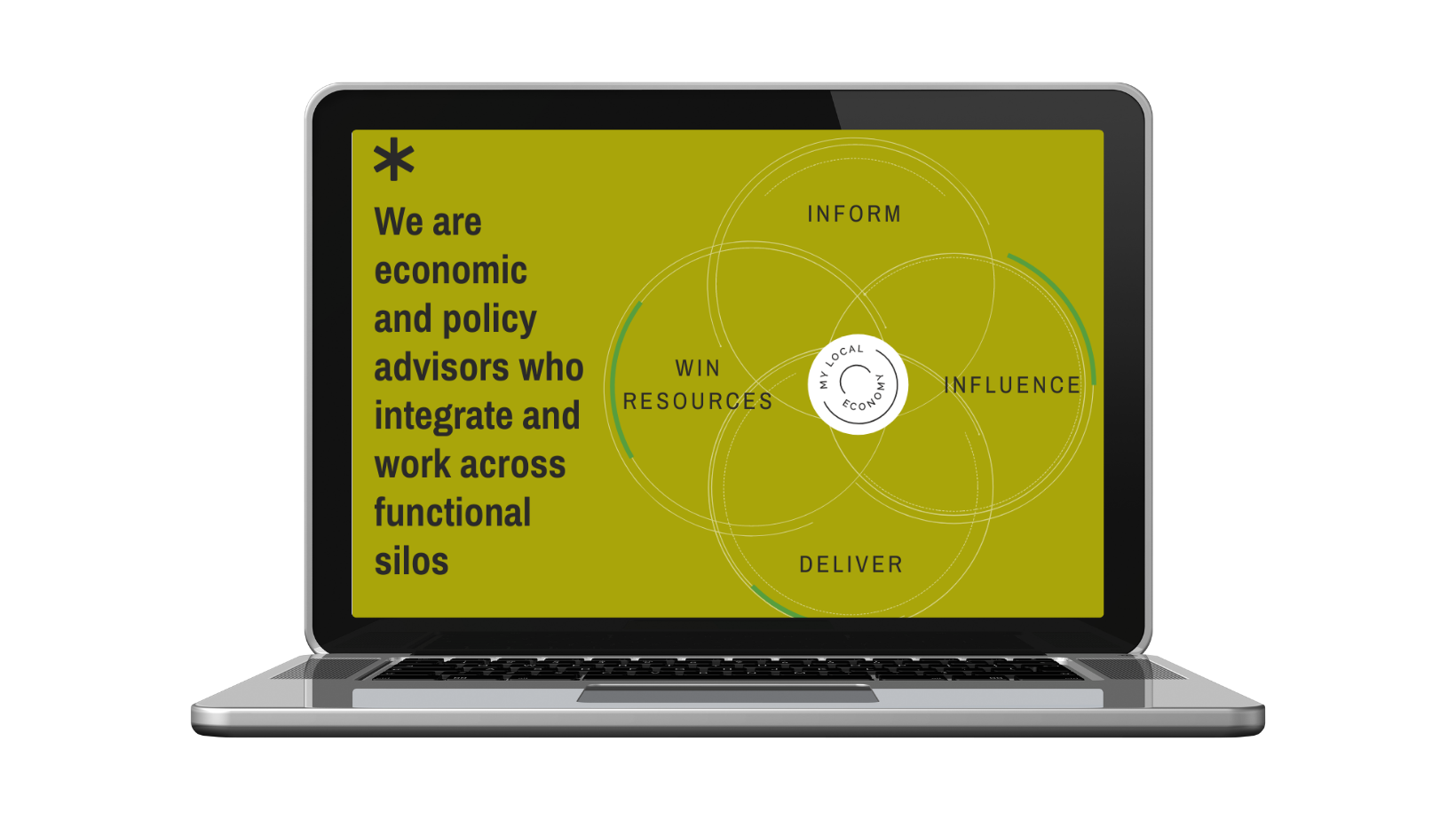 In this article, we publish a short assessment of the key challenges and issues for the year ahead, and review what we’ve worked on during 2014.
In this article, we publish a short assessment of the key challenges and issues for the year ahead, and review what we’ve worked on during 2014.
Athey Consulting offers a range of high quality consultancy solutions for local economic development in cities, regions and partnership areas. Our major strengths lie in our experience, analytical insights and ability to provide practical, realistic solutions and options for delivery.
Looking forward to 2015
The General Election 2015 is a significant event in the year that will no doubt be disruptive in terms of the wait for clarity on localism. What the experiences of the 2010 General Election taught us that although the policies and funding pots might change, the challenges and search for solutions for local economic development will remain. Here’s a few the main lessons we have drawn from economic development practice in recent years:
Localism is moving in the right direction. There’s been a lot of activity and progress in terms of more local control of budgets and services through city deals, combined authorities and the proposals laid out by Key Cities recently.
Successful localities need to be thought leaders and adept and setting the national agenda. LEPs, local authorities and other partnerships that have won major funding awards have tended to be those that have designed eye-catching new initiatives or projects with potential for local piloting and national roll-out.
LEPs and local councils that stand out from the crowd have put in place great project ideas that are fully worked up ready to pass the ‘green book’ tests, that reflect a well evidenced and coherent strategy. Some local areas have been left disenfranchised from programmes such as Single Local Growth Funds because they have had either no project plans, or only embryonic project plans that do not pass the post in terms of making for a good appraisal and being able to deliver and draw down during the funding window. The lesson? Put together good plans and portfolios for your most important one or two projects. No matter what the governance structures will be in January 2016, if funding is available, preparing really good projects is the way to get to the front of the queue.
Comprehensive strategies and programmes are out; strategic pragmatism is in. What suits our clients best has been a quick review of strategic priorities; and then a focus on the top three to five priorities that can be addressed through feasibility (particularly funding) delivery (even if it is a small scale pilot programme). In our consultancy assignments we give delivery options and ideas, so that our recommendations are practical and achievable.
Post-election the goalposts might move, the stadium might change its name, but the rules of the game are likely to remain the same. Institutional change, change in budget headings and policy headlines are very likely, but localities will continue to need to provide well-evidenced and coherently argued proposals for their devolution demands, and their project or infrastructure funding requests. Public finances will remain incredibly tight for the rest of this decade – any proposals will need to be focused, have high potential and be well evidenced.
Business location, location, location. If you want to develop your local economy, then you need to assess and appreciate how will it functions as a location for business. Many local authorities and partnerships are quite rightly concerned with housing land and permissions, and infrastructural development. However, ignore business location at your peril. If you have inadequacies, then potential investors will spot them. Existing investors will actively look at alternative sites and locations for their expansion or site consolidation. And it doesn’t have to be beyond your capacity – quite often, local real estate businesses will have a good handle on this – why not build a relationship with them or attend their local networking events?
Things every locality should have in their top drawer: a coherent set of arguments on why localism and devolved powers and spend will lead to more impactful and effective delivery on your local patch; a list of infrastructure projects that can be started in the next 12 months and completed in the next 24; the top 5 reasons why a business would want to locate in your locality; and a list of your top 25 employers/ firms.
Local economic development practice is now a global practice, with many learning resources: An effective economic development professional is an informed one. There is no need to re-invent business incubators for example, given the lessons we already know. Adapt them certainly, yes. We also have witnessed the rise in local economic development as a priority for emerging economies – as exemplified by the Local Economic Development Network for Africa (LEDNA).
What makes a successful location for the tech economy?
We’re all familiar with the success of places like ‘tech city’, Cambridge and Oxford (or even Singapore, the ‘Triangle’ and Sophia-Antipolous) , but what are the drivers of success, and on what basis do firms such as Google set up their business incubator and accelerator initiatives? What are the benefits and potential pitfalls of pursuing place-based innovation or technology –led economic strategies? Who are the emerging tech economies globally, and what is the cutting edge of economic development policy and practice? This year, we aim to bring clear insights and policy lessons to answer these questions.
Athey Consulting: developing our business to better serve our clients and community of practice. In 2015, as well as providing amongst the best economic assessments, studies and economic strategies in the UK, we will extend our advisory work and start to a new line of insights and services into ‘tech economies’. We think that there’s a gap clients face in getting the right expertise and advice on the economics, policies and practice of technology and place – and we aim to fill it.
Supporting our community of practice
Our top downloaded articles in 2014 include:
LINKEDIN:
Local economic development: some home truths How to survive “the great paper chase” in Local Economic Development
“My LEP won’t listen!” – How to get onto your Local Enterprise Partnership’s agenda
Could a North East of England with devolved powers beat Scotland at Inward Investment?
Devolution in England? lets be pragmatic, organised and create the right institutional support
WEBSITE:
Five fast tips to make your local growth money go even further…
Does your Local Growth Strategy pass the Whitehall test?
How to commission economic research
Career highlights and achievements
Quality and experience
We provide a range of advisory and consultancy solutions
We’re best in class in terms of the quality of our economic assessments and advice for local and city economic development organisations and services.
But we also provide a wider range of services including: strategy and policy advice and development; delivery plans; project development; economic appraisal and grant applications.
We also tap into a range of experts through our associates: with expertise in innovation, planning, property and land, inward investment, and enterprise support. From professional experts to leading academics.
Projects undertaken in 2014 include:
- Advisor to Centre for Cities, UK’s think tank for cities
- Local Growth Advisor for Local Government Association
- Interim manager of the LEP Network (January to March 2014)
- National flagship report: LEP area economic review for the LEP Network
- Advisor to district council in Lincolnshire to revise their economic strategy and delivery plan
- Advisor to Sustrans (with Cambridge Econometrics) on project appraisal issues and procedures in LEPs and local authorities
- Skills and Labour Market Review for Hertfordshire
- Economic Assessments for Luton, Hertfordshire, Stockton-on-Tees, New Anglia LEP and the Eastern Plateau Leader area
- Cleantech sector profile and commuting analysis for London-Stansted-Cambridge Consortium
- Demand study for an Innovation Centre in Suffolk
- Baseline study, and advice on performance management ot an Academic Health Science Network
- Assistance (with Kada Research) on Birmingham and Solihull’s European Funds Implementation Plan
- Writing of funding bids: EU Leader Fund Local Development Strategy; private sector RGF bids
Wishing all of our clients a successful 2015!



